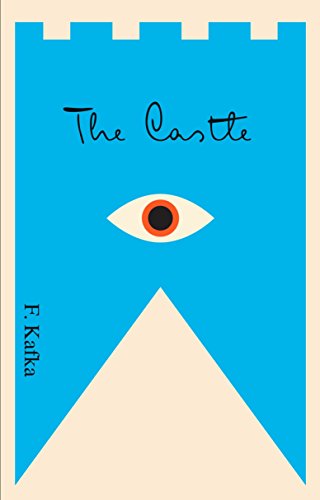A NY Times Bestseller & multi award-winning book
”I was born at the beginning of it all, on the Red side—the Communist side—of the Iron Curtain." Through annotated illustrations, journals, maps, and dreamscapes, Peter Sís shows what life was like for a child who loved to draw, proudly wore the red scarf of a Young Pioneer [a youth Marxist-Leninist organization in communist Czechoslovakia], stood guard at the giant statue of Stalin, and believed whatever he was told to believe. But adolescence brought questions. Cracks began to appear in the Iron Curtain, and news from the West slowly filtered into the country. Sís learned about beat poetry, rock 'n' roll, blue jeans, and Coca-Cola. He let his hair grow long, secretly read banned books, and joined a rock band. Then came the Prague Spring of 1968, and for a teenager who wanted to see the world and meet the Beatles, this was a magical time. It was short-lived, however, brought to a sudden and brutal end by the Soviet-led invasion. But this brief flowering had provided a glimpse of new possibilities—creativity could be discouraged but not easily killed.
By joining memory and history, Sís takes us on his extraordinary journey: from infant with paintbrush in hand to young man borne aloft by the wings of his “glorious artwork” (Elle) which “makes for irresistible reading.” (Washington Post Book World)
“A masterpiece for readers young and old.” —Starred, Kirkus Reviews
“A powerful combination of graphic novel and picture book . . . Terrific design dramatizes the conflict between conformity and creative freedom.” —Starred, Booklist
“Sís, who has entranced children and adults with his magical stories and drawings, has taken his talent to a new level. Peter, born to dream and draw, is now also teaching the tragic history of his native land under communism in this beautiful, poignant, and important work for those of all ages. ” —Madeleine Albright, former U.S. Sec of State
(A special thank you to book club member, Sarah Jean for the book suggestion.)
View on Amazon | Bookshop.org | SecondSale used book
Note: Whether you read the book with a child or on your own, it’s a quick read so we added on a 29-minute dramatic Czech film nominated for an Academy Award entitled “Most” aka “The Bridge”. (Free on YouTube with closed captions here.)









